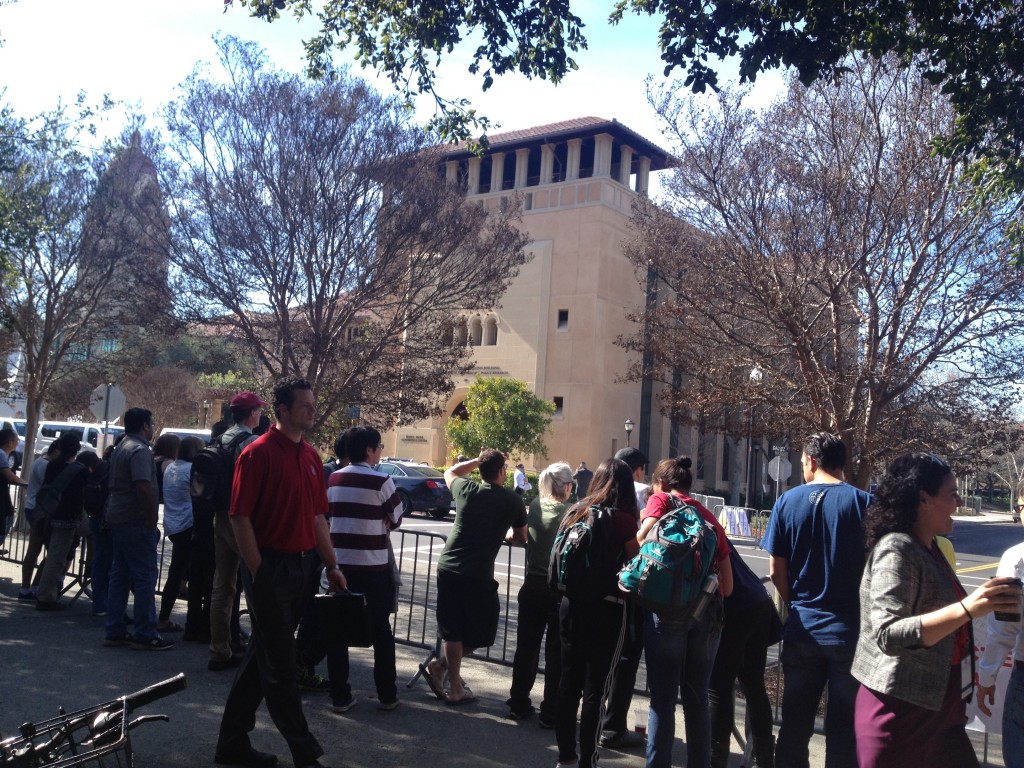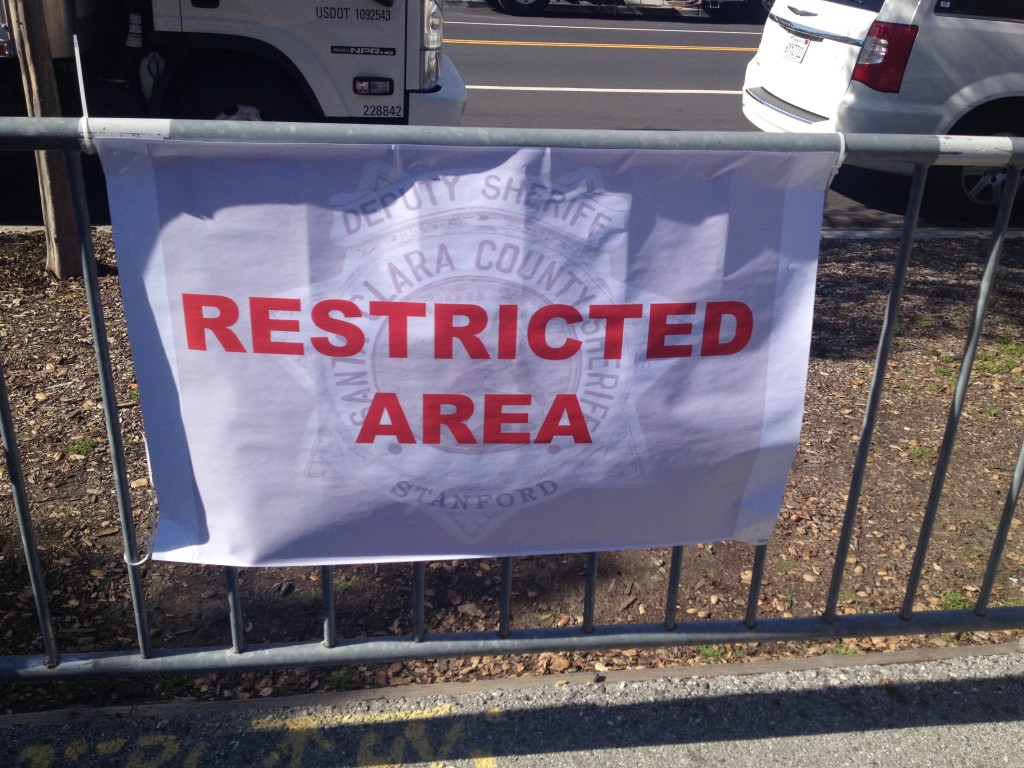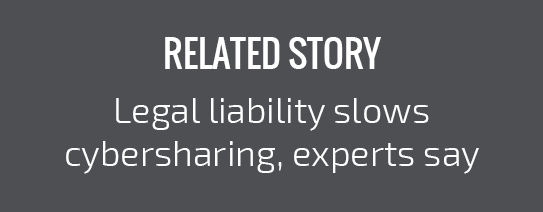[dropcap letter=”P”]resident Obama on Friday called on Silicon Valley and corporate America to collaborate with the government on cybersecurity, and signed an executive order that would promote the sharing of information on threats or attacks between government and the private sector.
Speaking at a White House Summit on Cybersecurity and Consumer Protection held at Stanford University, the President said, “There’s only one way to defend America from these cyber-threats, and that is through government and industry working together, sharing appropriate information as true partners.”
The move is aimed at preventing the kind of recent security breaches at Sony Corp., Target Corp., Anthem Inc. and other companies that have jeopardized the private information of millions of Americans.

With business online transactions worth over a trillion dollars per year, the President said that making cyberspace safer is intrinsic to the economy and the U.S. as the world’s innovation engine.
The rapidly changing nature of the arms race between hackers and those trying to defend information online, makes the cyber-world a “wild, wild West” where government is asked to be “the sheriff,” said Obama. He acknowledged the tough challenges government faces in balancing the fight against cybersecurity threats with protecting individual’s privacy.
“It’s hard, and it constantly evolves because the technology so often outstrips whatever rules and structures and standards have been put in place, which means that government has to be constantly self-critical,” Obama said.
The President kicked off his remarks at the summit in a light tone with jokes aimed at an audience packed with Stanford students, faculty and Silicon Valley A-listers.
“This is the place that made ‘nerd’ cool,” Obama said, to applause and laughter. The President then assured the audience of his concern about the efficacy of passwords to protect vital information.
“It’s just too easy for hackers to figure out usernames and passwords like ‘password’ or 12345senate,’” said the President, jokingly. “Those are some of my previous passwords. I’ve changed them since then.”
The President’s remarks came after business leaders, including Apple Inc.’s Chief Executive Officer Tim Cook, discussed the need for increased and speedy collaboration within the private sector and with government. Cook said that consumers entrust companies such as Apple with “their most personal and precious information.”
He added: “We owe them nothing less than the best protections … We must get this right.”
Cook also said privacy protection extends beyond the realm of finance.
“We still live in a world where all people are not treated equal,” said Cook, who last year publicly acknowledged that he is gay. “Too many people do not feel free to practice their religion, or express their opinion, or love who they choose — a world in which that information can make the difference between life and death.”
The President’s order will pave a way for the private sector to gain easier access to information about cybersecurity threats held by the federal government. Conversely, the order encourages the set up of hubs of information and analysis that private companies could use to communicate about any breaches they detect.

As part of ramping up its efforts to disrupt more cyber attacks, the White House also announced this week the creation of a Cyber Threat Intelligence Integration Center whose objective will be to collect and share this type of information across government.
Obama got a warm reception from the Stanford crowd. But some members in the audience said they wanted to hear more specific solutions on how to eliminate mass breaches and revolutionize the process of ID authentication.
Steve Kirsch, founder and chief technology officer of OneID, a local cyber security company, said government could help deploy alternative technologies — such as digital signatures — that could help reduce hacks.
“If you are breaking into a computer today it’s like breaking into a piggy bank for an experienced hacker,” said Kirsch. “We want it to be as hard to break into a computer as it is to break into a bank vault. And nothing that we’ve heard today changes that thing, and until we do that we haven’t locked the front door, it’s really easy to break into the piggy bank.”
Peninsula Press’ Katharine Schwab contributed to this story.

